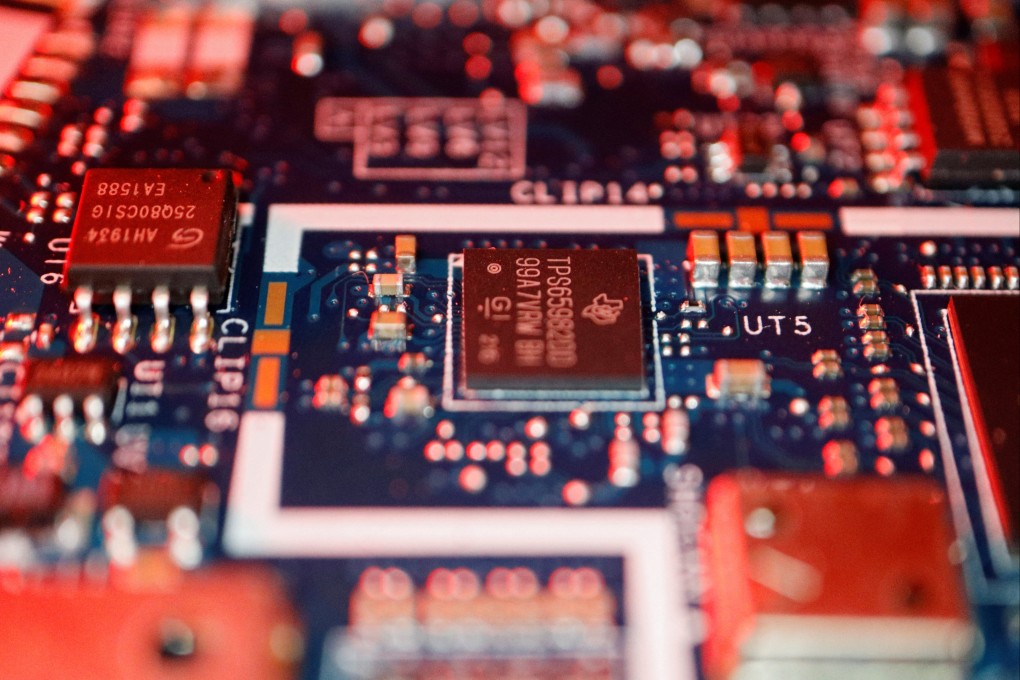Opinion | US-China chip war: history shows that mercantilism is no solution
- Neo-mercantilism initiatives in China and the US, with their enormous investments and unprecedented trade restraints, will take years to show benefits
- Yet much will change that could render this generation of semiconductor plants obsolete the day they open

The resurgence comes after the system waned in the late 18th century following 250 years of dominance. Mercantilism had flourished in a period that saw feudal estates succumb to consolidation within nation-states. Shipping capacity grew, allowing international trade to surge. Industrialisation revved up in response. Fewer barter payments were used. Economic nationalism – bolstered by military force – accelerated those trends.
Mercantilists viewed wealth as static or fixed. To amass wealth, your country had to reduce others’ riches. By exporting more than you imported, you earned foreign-exchange surpluses to buy precious metals.
To boost exports and achieve full employment, thereby quieting the masses, governments exempted certain businesses from laws and taxes. Monopolies had free rein. Trade restraints blocked competing imports while cartels ensured high prices and tight supplies. Skilled labour, capital and tools were banned from emigrating. States generated revenues by selling monopoly privileges and then siphoning off part of the companies’ profits.
Today, as growth slows rapidly worldwide, we’re seeing similar measures with greater frequency and intensity – especially in digital technologies – emerging with the rise in economic nationalism, as part of a nascent world order.
Mercantilism came under fierce attack in its last century of pre-eminence. The economist David Hume (1711-1776) argued that labour and commodities can generate unlimited wealth, that money is only a means of exchange. Hume advocated free trade because our innate nature requires us to be “dependent on each other”.
